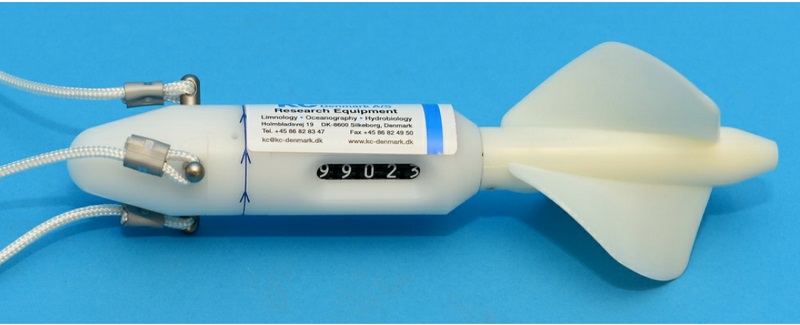What is a Digital Water Flow Meter?
A digital water flow meter is an appliance that can measure the portion of water flowing through a pipe. Different water flow meters are available for selection depending on the user requirement, usage of water, and economic terms. These meters are utilized to measure the volume of water used by societies, hospitals, offices, etc. The public water supply system is a system that ensures the supply of water to all homes, offices, schools, etc. It can also be used at water sources or throughout the water system to estimate the flow rate of a part of the system. The flow rate of slurries or fluids in closed pipes can also be measured from it. The f of water is marked out in cubic meters (m3) or liters on an electronic or mechanical register.
Water flow meters can measure all kinds of water such as cold water, clean water, dirty water, hot water, and even slurries. So, in this blog, we will be discussing the types of digital water flow meters and the uses of flow meters, but before discussing it’s important to know why we need to measure the flow of water.
What’s the need to measure water flow?
- Measuring flow may be crucial in dosing operations when a particular volume of fluid must be mixed with a measured portion of a solid. It can be done at the time of preparing the dough.
- Measuring fluid flow in either batch processing or continuous operations gives plant operators a hint of how effective their operation is at a point in time (i.e., how much product is being assembled).
- In some cases, the fluid flowing through pipes may be subject to shear forces caused by flow velocity, to impact the product’s permeant design, such as its rheology. Knowing the rate of flow of fluid becomes essential in these cases to maintain product quality.
- In Clean-in-place (CIP) operations, the cleaning fluids are to be used at a particular velocity through the pipes is a requirement for thorough cleaning. As a result, the velocity of the fluid must be measured to assure that the CIP solution is doing its job.
Types of Digital Water Flow Meters
A digital water flow meter is an essential tool to measure the amount of water flowing through pipes in a residential, commercial, or industrial setup. They are used to manage water usage and identify water leakage, as well as to improve efficiency and cost-effectiveness. In this blog, we will discuss the types of digital water flow meters and their uses:
- Electromagnetic Flow Meter: Electromagnetic flow meters use Faraday’s Law of Electromagnetic Induction to calculate flow by measuring the voltage created as water passes through a magnetic field. They can measure the flow of conductive liquids, including fluids with small solids or bubbles in them. These meters are used in various industrial, municipal, and agricultural applications.
- Ultrasonic Flow Meter: Ultrasonic flow meters use high-frequency sound waves to measure the velocity of the water running through a pipe. They have a non-invasive design that can be installed without disrupting the pipe’s flow. These meters are particularly useful for measuring the flow rate of large pipes and wastewater applications.
- Turbine Flow Meter: Turbine flow meters work by using a propeller or turbine to measure the velocity of water flowing through a pipe. As water flows through the meter, the propeller rotates, and the rotational speed is used to calculate the flow rate. These meters are widely used in residential, commercial, and industrial fields.
- Vortex Flow Meter: Vortex flow meters measure the frequency of vortices created when fluid flows around an obstacle in the meter’s body. They provide accurate measurement in a range of applications, including steam, gas, and liquids like water. They are commonly used in process control and management, especially in high-temperature applications like power plants.
Uses of Digital Water Flow Meters
- Tracking water consumption in residential, commercial, and industrial buildings.
- Reducing water consumption and saving money on utility bills.
- Identifying leaks, reducing water damage, and minimizing repair costs.
- Measuring water flow in irrigation and agriculture.
- Managing water level in rainwater harvesting systems.
- Monitoring water flow in municipal water treatment plants.
- Optimizing energy usage in power plants and other industrial applications.
- Preventing overflow in flood control.
Salient Features of Digital Water Flow Meters
- Can handle upto 25 bar pressure
- Gives a high-resolution display
- Highly precise
- Fully independent of the viscosity
- One of the best choices for the fluids with a viscosity range between 1-106 mm²/s
- Advanced materials and bearings provide complete resistance to corrosion
- Provides results very quickly within the range of 20-100 milliseconds
- It is insensitive to pulsating flows
So, this was all about digital water flow meters. We did thorough research and also talked to some of its users to provide you with the best information. We hope this blog was useful for you in any possible. For further doubts or queries feel free to reach us and we will help you with your solution.



